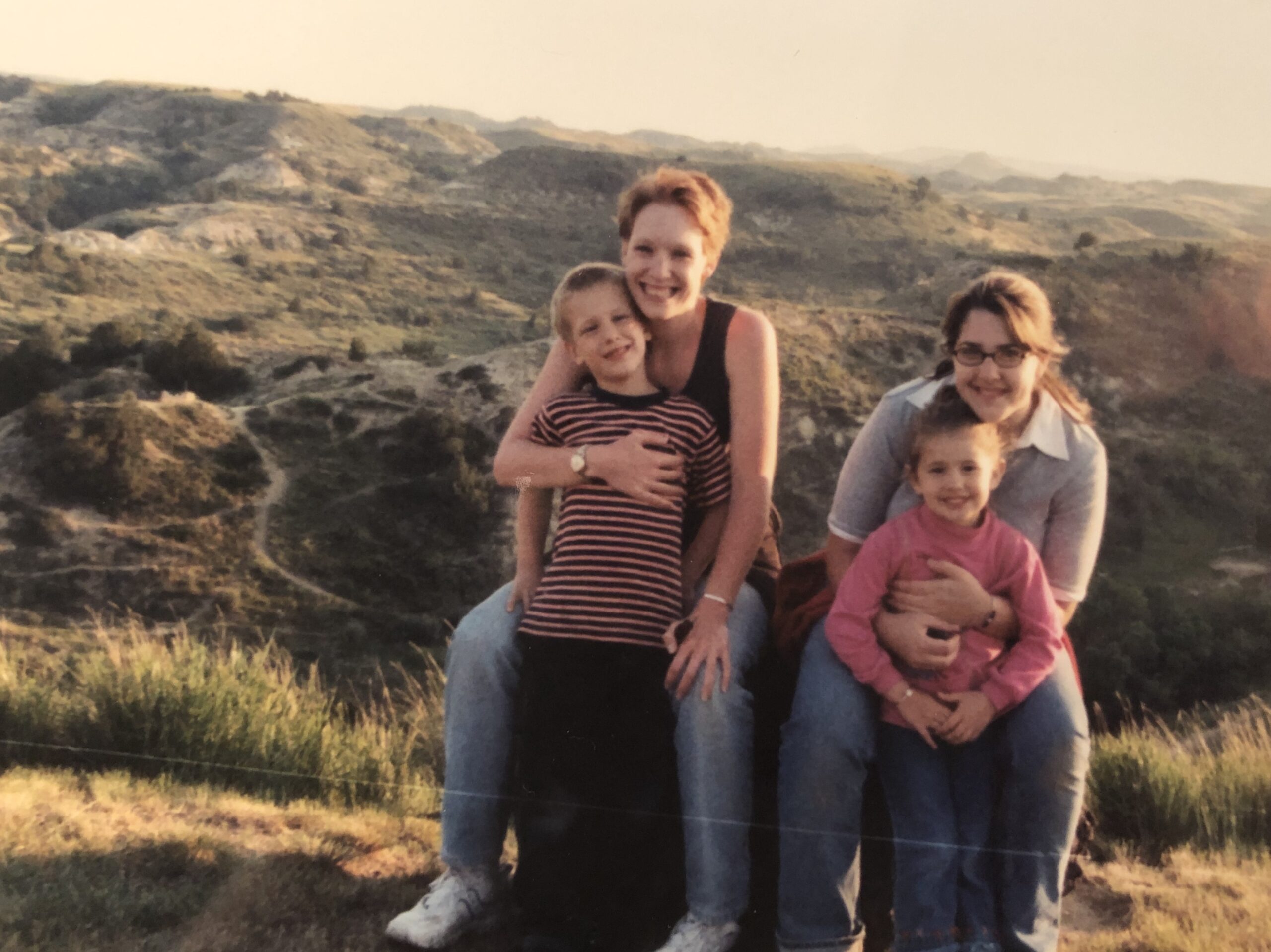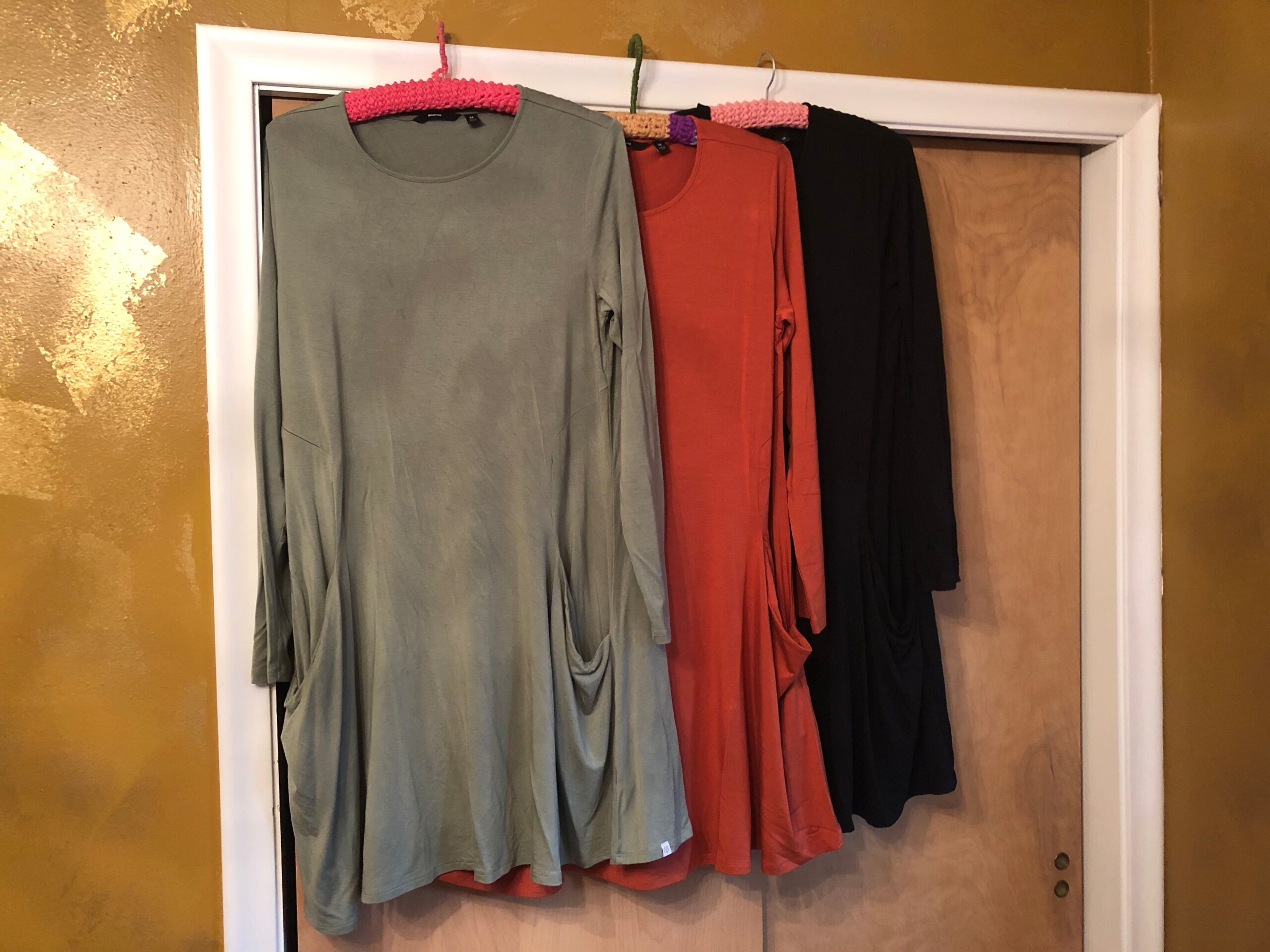Last night, Dr. Marry and I attended the Jeremiah Program gala, Journey for Hope. Jeremiah’s mission is the idea that you solve poverty and inequity two generations at a time by housing, educating and taking care of young single moms and their children. It’s a mission near to my heart because in so many ways, one of my dearest friends and I created that model for ourselves, a lifetime ago.
Twenty two years ago, I was a 24-year old with a 21-month old. I was becoming good friends with a younger-than-me (technically I, but that sounds so pretentious!)-woman, Natalie.
Natalie was pregnant and living at home. I had just moved into an income-based apartment where I was sometimes paying $13/month for a 3-bedroom apartment on the top floor of a quirky, charming old building.
Spin that either way: “Wow, you got an apartment for $13???” or “Holy buckets, you must have been poor!!!” Yes. On both counts.
I lived at home for a brief portion of my pregnancy, and my mom did me one of the ultimate favors of my life: she kicked me out…gently. She said, “You can’t be a child and make a decision about having a child.” And she was right; even though in the moment, I was incredulous at the injustice. I’m grateful to her because if she hadn’t done that, I might still be living at home, and that would be so awkward with Dr Marry and all.
But back to the story…
I convinced Natalie of the same thing and helped her secure an apartment in my building, and eventually, after she brought her daughter home, we got them moved to the apartment directly below Quinn’s and mine.
The benefits were astonishing and multi-fold: Natalie babysat Quinn while I went back to get my education licensure and then my Master’s degree. I babysat Emma while Natalie finished her undergrad degree and then started her Master’s degree, too. I don’t think either of us believes we could have achieved all that education without the other and the free babysitting.
But that wasn’t the most important part. What really made this relationship profound was that we were simply there for each other. All the time.
Unlike many of the young women who reside at Jeremiah, we both had loving families who supported us in myriad ways and neither of us were struggling with addiction issues. But just because you aren’t hooked on something or just because your mom hasn’t turned her back on you doesn’t mean that you don’t have tremendous feelings of insecurity; it doesn’t mean that you don’t have what often feel like insurmountable struggles. And being a young, single mom of any type certainly does mean that others feel pretty free to judge you, and you feel pretty unequipped to stand up for yourself or your child.
And that’s where my relationship with Natalie saved my life. She was there. All the time. We ate together; our kids were siblings who fought and played together. We planned trips together, we watched tv together, we laughed and cried over the challenges of parenting. We played good cop/bad cop with our kids. We dreamed of what our lives could be like, what our kids might be like and how things would be different when we finished school.
Natalie was, in so many ways, the most singular, most important, most intimate relationship of my life. The nine years that we lived like this were transformational for us all. They were joyful, challenging, exciting, boring, growing years, and we did all of that together.
We both eventually moved out of those apartments, Quinn and I going first. Those last few nights together were painful, knowing that everything was going to change dramatically, despite the fact that we were moving less than 1 mile away, and things had already changed because Natalie had gotten married and had another child by that point.
I listened to the young woman keynote last night; the room celebrated her success at getting sober, going back to school and knowing that she was providing a new path for her daughter, and her story was absolutely worthy of applause and support. But what she didn’t say, and what only someone who has lived this type of experience could know, is that it is likely the support of the other young women she resides with who are actually saving her and her daughter’s lives. She’ll pull both of them out of poverty and a life resigned to inequity because she’s been given the tools and the resources to succeed, and that’s amazing. But those other young women, with whom she can be honest and afraid and angry and vulnerable without being judged and dismissed and labeled and criticized, are actually who will both provide a safe haven and help launch her and her daughter out into the world.
They will be her Natalie.





